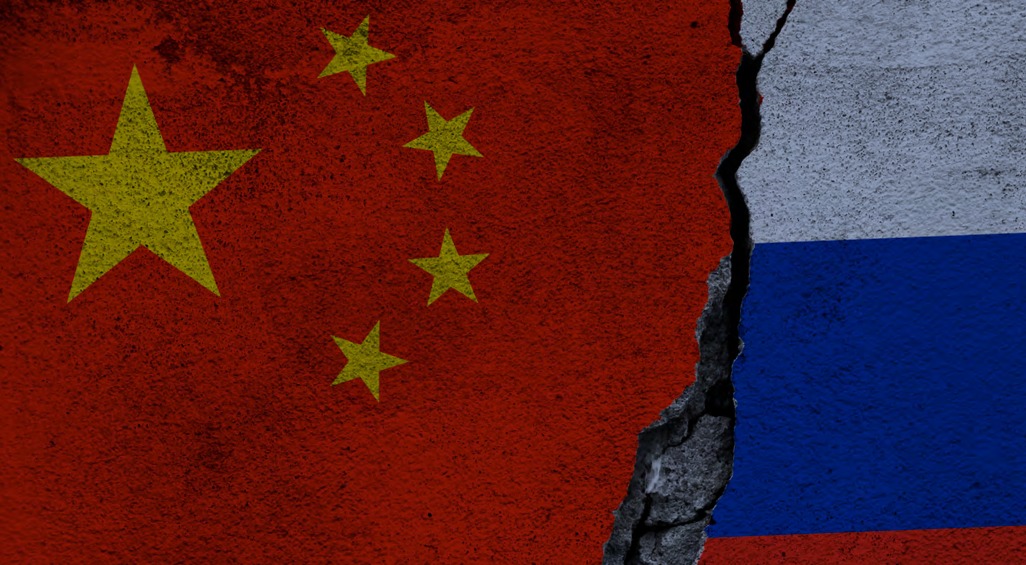China and the Central and Eastern European (CEE) countries have been engaged recently in dynamic diplomatic exchanges under the umbrella of 16+1 platform and the Belt and Road Initiative. The article offers an explanation of why the massive Chinese diplomatic effort did not lead to an improved image of China in the CEE region. We adopt the approach of cultural sociology and focus on how the two sides’ ‘meaning structures’ relate to each other. It is argued that main China’s discourse frame of ‘traditional friendship’ based on the shared socialist past is not well received in most of the CEE region which has quite problematic view of Communism due to own historic experience. The dissonance between the Chinese friendly rhetoric and the CEE lukewarm reception imply some deep-cutting differences when it comes to views of history which have significant political implications for current and future relations between the two sides.
journal: Asia Europe Journal
DOI: https://doi.org/10.1007/s10308-019-00550-6







